Two weeks ago (February 22-24, 2022), the University of Groningen Centre for Entrepreneurship hosted the ECSB co-branded event “Conducting Experiments in Entrepreneurship Research Workshop.” In this workshop for young scholars, we focused on the use of experimental designs to study entrepreneurship. We received submissions on a wide variety of theoretical topics, and all papers used an experimental design to test their hypotheses. This was already the third edition, and the second time we hosted it fully online!
On the first day of the workshop, we started with a welcoming session, in which the organizers and ECSB President Ulla Hytti welcomed everyone to the workshop. During the opening session, we took a moment to celebrate the fact that several participants are very active members of the Conducting Experiments in Entrepreneurship Research (CEER) network. These participants have participated in all editions of the workshop and actively engage with the resources the network has to offer. They took a moment to share their experiences with the other participants:
During these three days, we got inspired by keynote sessions by Basil Englis (Berry College, USA), Matthew Wood (Baylor University, USA) and Sharon Simmons (Jackson State University, USA). On Tuesday, Basil brought all participants on the same page regarding experimental designs with his keynote “So, … what is an experiment anyway?” On the second day of the workshop, Matthew discussed ecological validity and shared his experience as an author and an editor in publishing experiments. On the third day of the workshop, Sharon took us on a tour through the many choices we need to make when designing experiments.
After the keynote presentations, we organized parallel paper presentation sessions in which we discussed over 22 papers using experiments as a methodology. Because we strive to keep a small-scale setting at the workshop, it is possible to allocate 30 minutes to every paper, allowing time for presentation and feedback. Every paper is assigned a peer reviewer and it also receives feedback from an expert (workshop facilitators) present in each session. This allows participants to receive extensive and concrete feedback on their work, enabling them to have clear guidelines on how to keep working on their papers. In this edition of the workshop, we were honored to have the presence of Magdalena Cholakova, Paula Englis, Yuval Engel, Eva Jakob, Susana Santos, Mark Schenkel, Silke Tegtmeier and Dominika Wach as workshop facilitators.

We were happy to host a “meet the SI editors” with Sílvia Costa, Susana Santos, Silke Tegtmeier and Mark Schenkel for the Special Issue on “Experimental Designs to Address Current Challenges in Entrepreneurship Education Research” at the journal Entrepreneurship Education & Pedagogy. They shared with more information about the special issue the audience and answered questions.
To facilitate and stimulate networking among the participants, we organized “speed meetings” in which participants had the opportunity to meet an expert in a one-on-one setting for about 20 minutes. Many participants loved this new addition to the CEER format.
We have enlarged our network with more than 60 participants representing 23 countries! It is great to see the community of entrepreneurship scholars that use experimental designs grow! We look forward to reading all the great experiments presented during the workshop in print soon!
Finally, we are honored to have co-organized this event with the generous support of ECSB and look forward to the next edition.
Authors: Arjan Frederiks and Sílvia Costa, University of Groningen

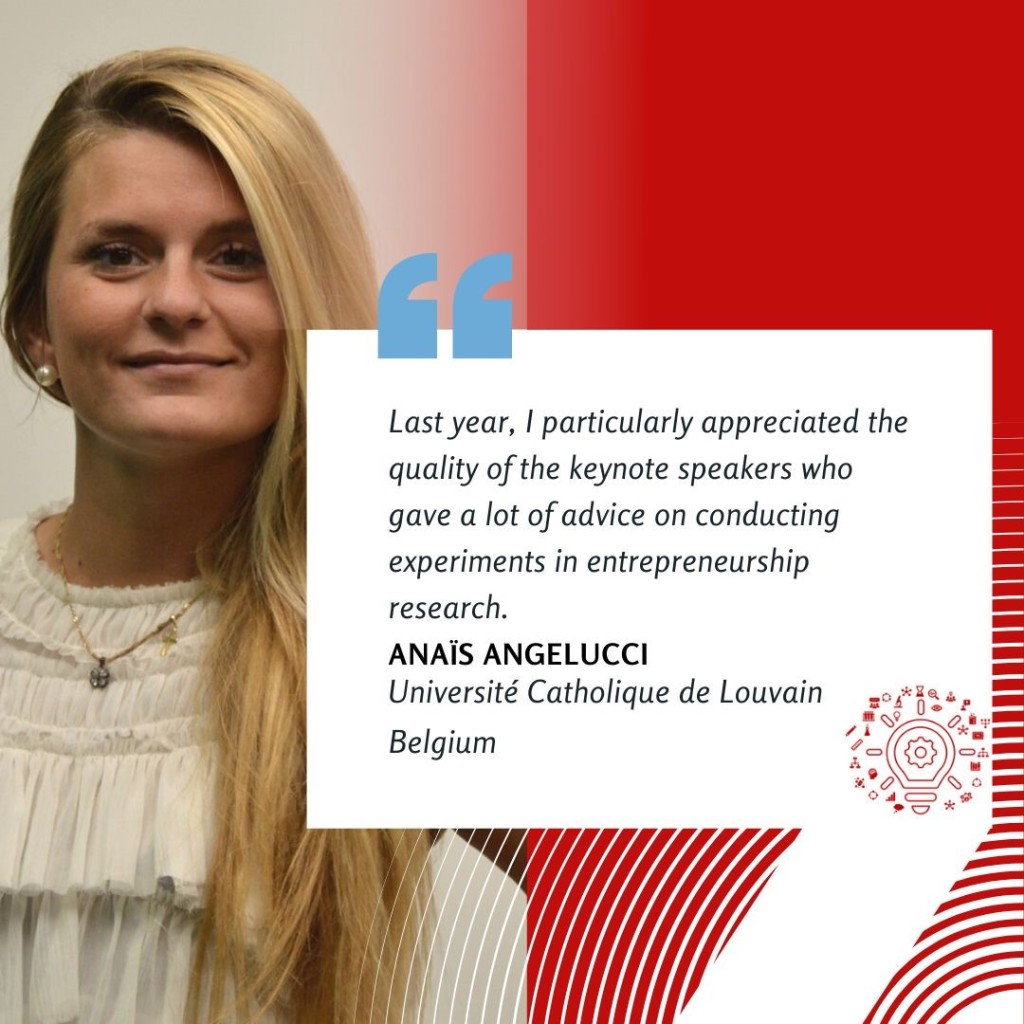
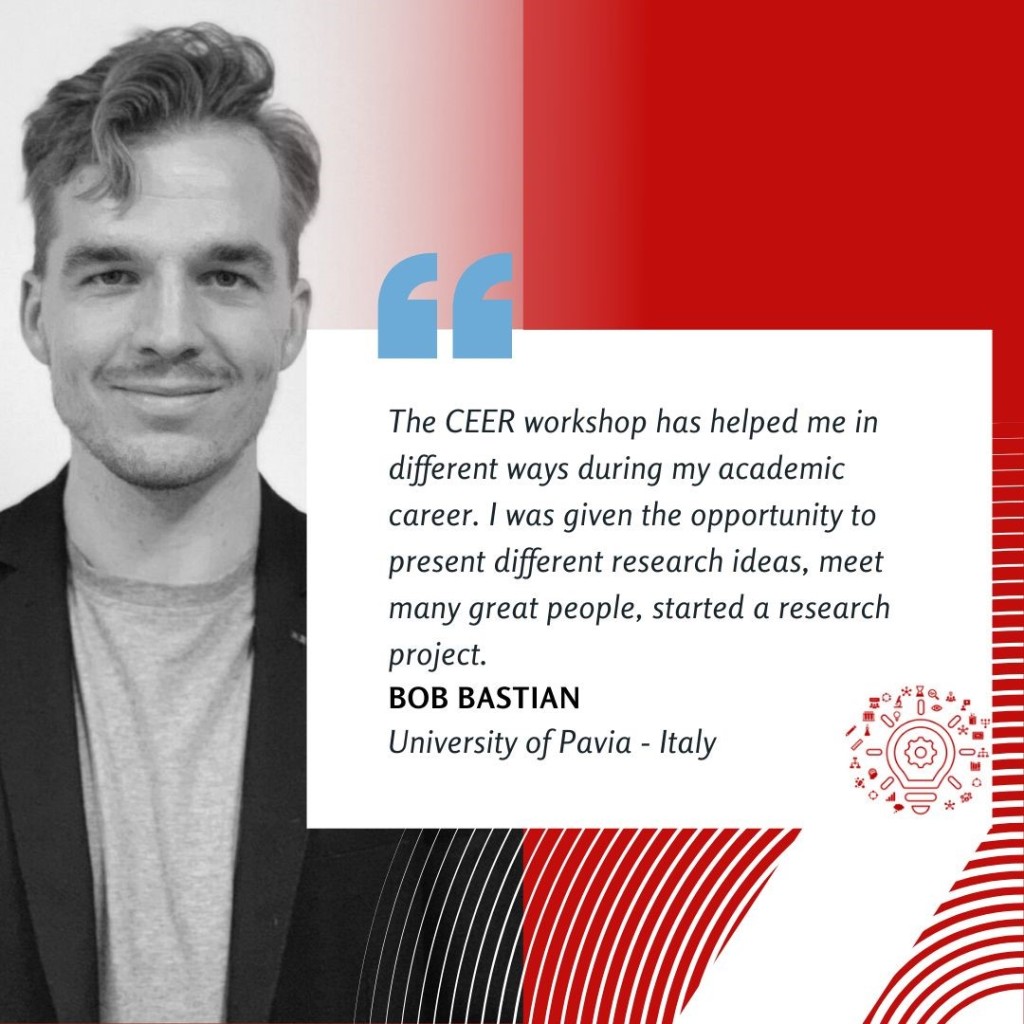


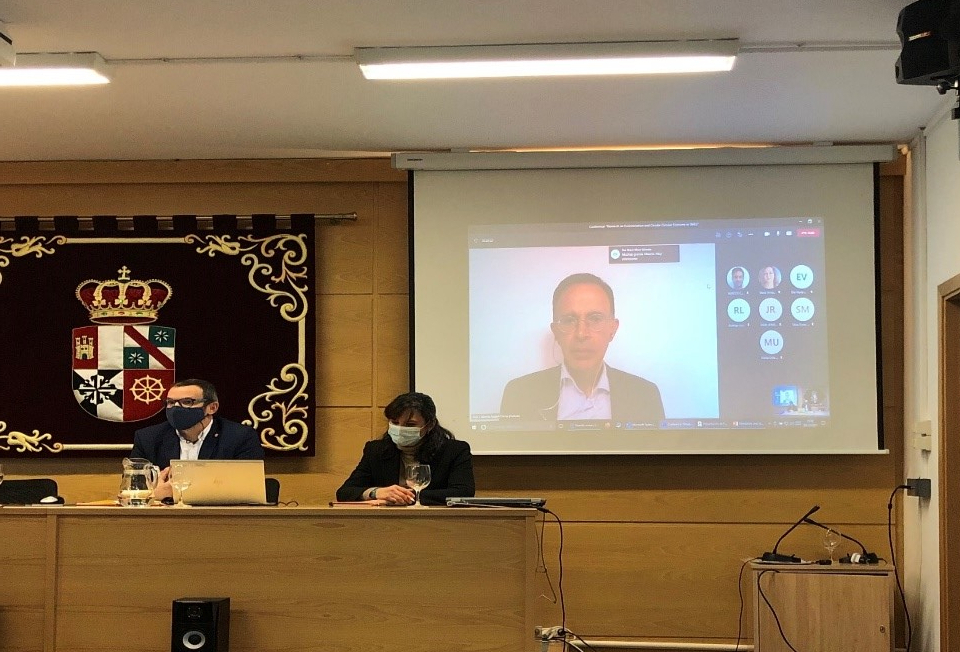
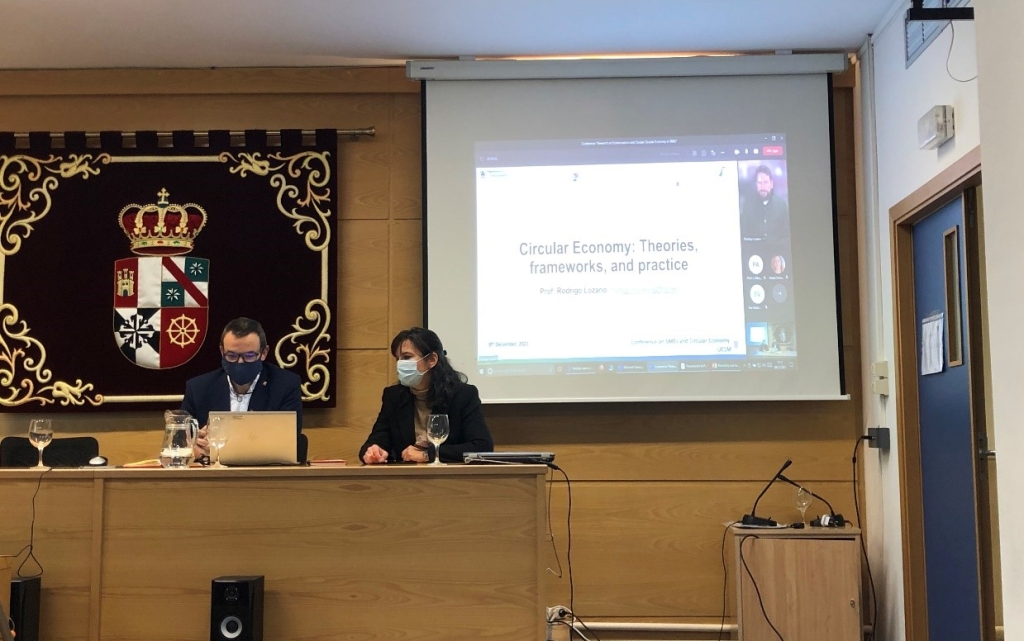
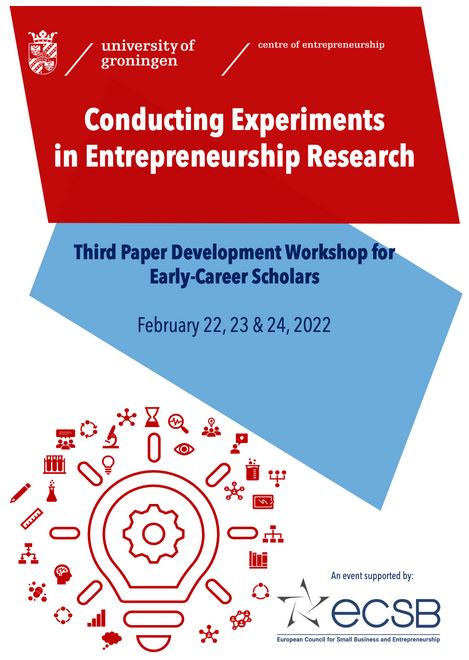




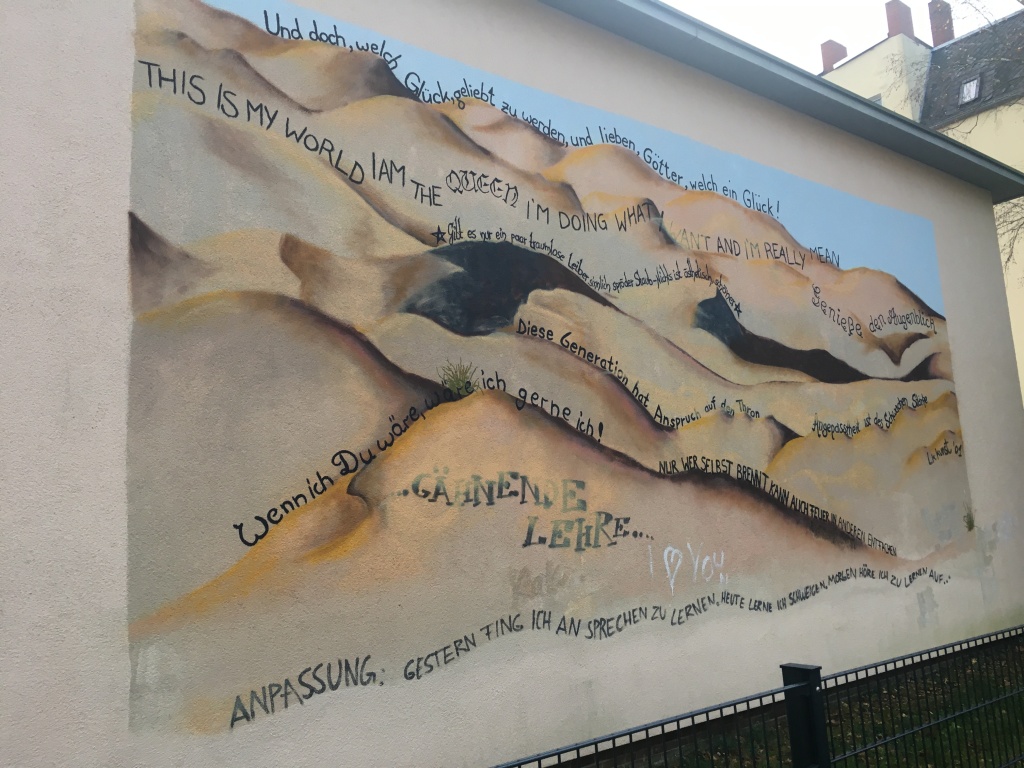


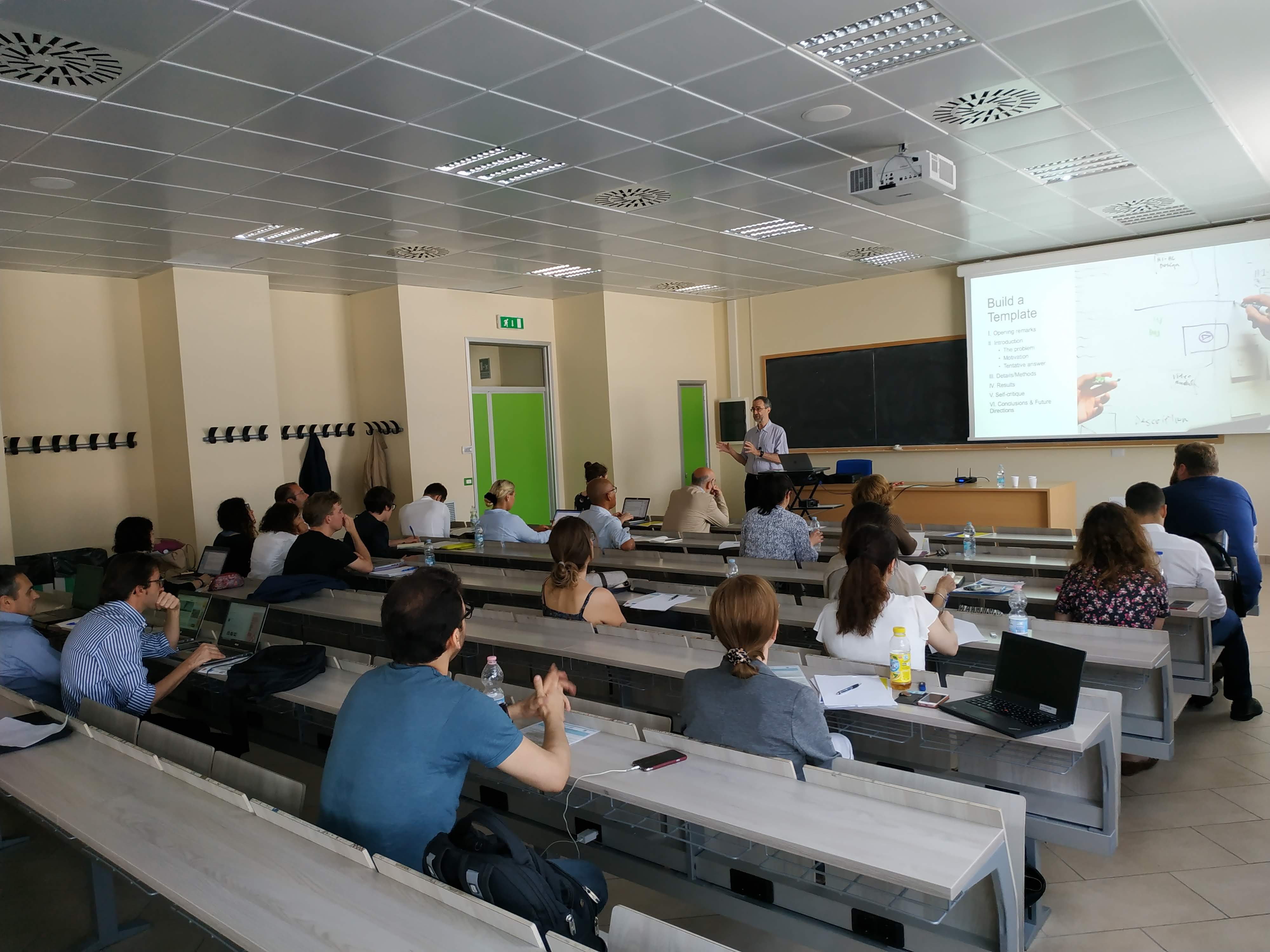
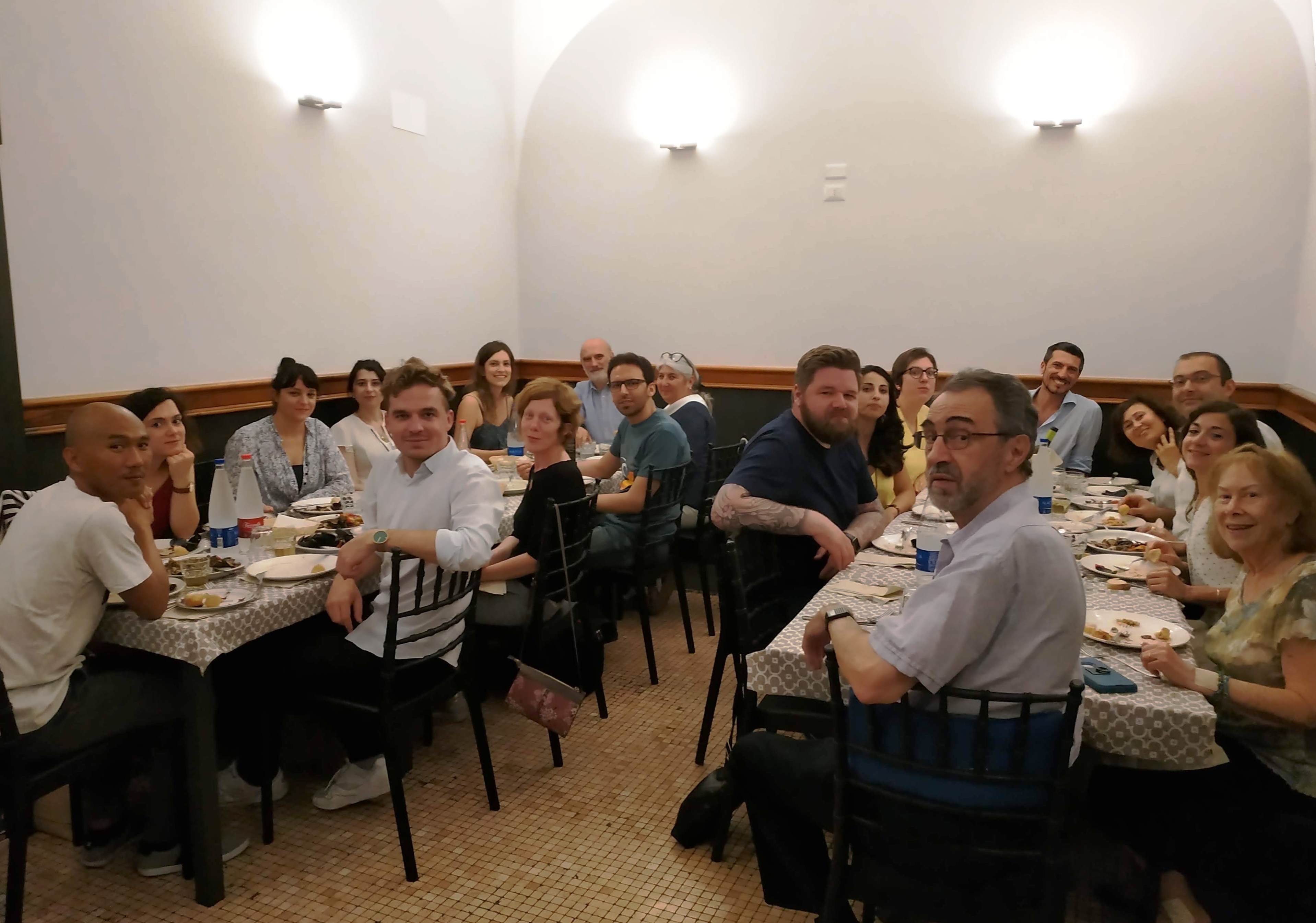
 Invited Speakers
Invited Speakers
You must be logged in to post a comment.